Extension Foundation Online Campus
搜索结果: 548
The purpose of the CFCWR Intern Training program is to provide participants with an interdisciplinary perspective of food equity in the United States and increase their understanding and competency about this issue. This program was developed and is administered by the USDA-funded Center for Food Conservation and Waste Reduction.
Curriculum Outline:
The training program is a weekly online synchronous class (~1 1/2 to 2 hours) for 9 weeks plus a post-training research project. The 9-weeks include an orientation in week 1 and recap in week 9 with the following topics weeks 2 to 7:
1. Sustainable U.S. Food System
2. Food security and social determinants of health
3. Nutrition, Disease, and Health Disparities
4. Food Equity
5. Food Waste and Conservation
6. Community organizations involved in food equity
7. Policies related to food equity
Additionally, participants will engage in a post-training research project related to household food waste or other food equity topic to earn their certificate.
Expectations:
Participants will be expected to complete weekly pre-readings, participate in Q&A during the Zoom meeting based on the weekly topics, complete a weekly reflection based on the week's topic, complete pre- and post-program and weekly session surveys,
Prerequisites:
Participants must apply to the program and be selected by the program's administrator to participate. to apply, please contact Karen Byrd, at ksbyrd@purdue.edu .
- Instructor: Karen Byrd
- Instructor: Brenna Ellison
The purpose of the CFCWR Intern Training program is to provide participants with an interdisciplinary perspective of food equity in the United States and increase their understanding and competency about this issue. This program was developed and is administered by the USDA-funded Center for Food Conservation and Waste Reduction.
Curriculum Outline:
The training program is a weekly online synchronous class (~1 1/2 to 2 hours) for 9 weeks plus a post-training research project. The 9-weeks include an orientation in week 1 and recap in week 9 with the following topics weeks 2 to 7:
1. Sustainable U.S. Food System
2. Food security and social determinants of health
3. Nutrition, Disease, and Health Disparities
4. Citizen Science
5. Food Waste and Conservation
6. Community organizations involved in food equity
7. Policies related to food equity
Additionally, participants will engage in a post-training research project related to household food waste or other food equity topic to earn their certificate.
Expectations:
Participants will be expected to complete weekly pre-readings, participate in Q&A during the Zoom meeting based on the weekly topics, complete a weekly reflection based on the week's topic, complete pre- and post-program and weekly session surveys,
Prerequisites:
Participants must apply to the program and be selected by the program's administrator to participate. to apply, please contact Karen Byrd, at ksbyrd@purdue.edu .
- Teacher: Karen Byrd
- Teacher: Brenna Ellison
Thank you for logging in to complete this online Expanded Food and Nutrition Education (EFNEP) lesson. You should have received an enrollment key from your class instructor. Enter this enrollment key in order to access and complete this lesson.
- Teacher: Megan Berthiaume
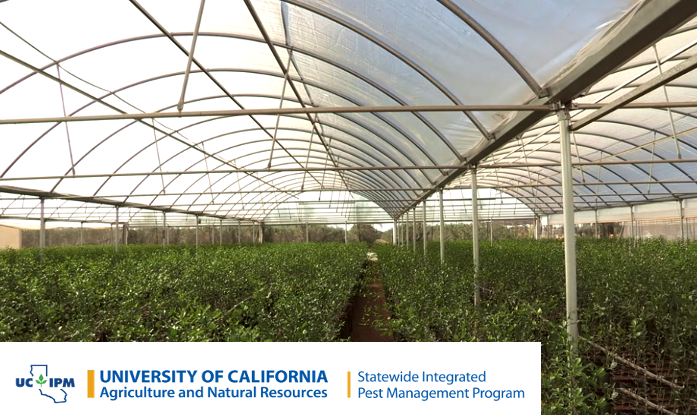

Course overview
This course is designed for nursery employees who work in screenhouses and greenhouses. It is designed to help employees understand how to prevent insects and diseases from infesting plants.
This course was authored by Dr. Beth Grafton-Cardwell (UCCE Emerita Entomology Specialist).
Who should enroll?
Retail nursery and garden center personnel
This course has not been approved for Continuing Education Units.
- Technical support: UC IPM Online Training Support
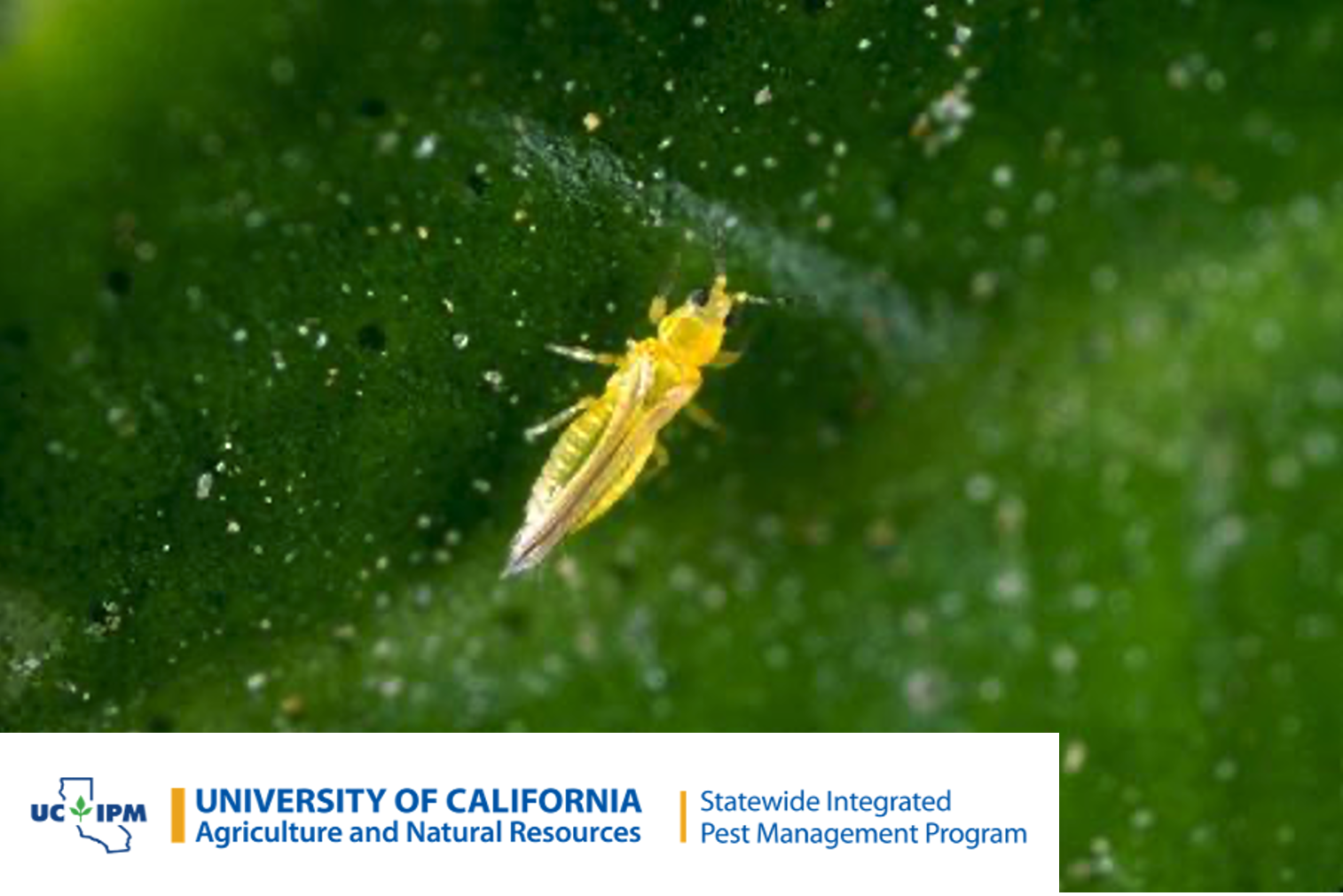

This course covers the identification, biology, and management of Citrus Thrips, Scirtothrips citri. Topics also include damage to citrus, population dynamics and monitoring. This course is available for free for those who do not need Continuing Education Units. The author of the course is Dr. Elizabeth Grafton-Cardwell (UCCE Emerita Entomology Specialist).
Pest management professionals and growers
California Department of Pesticide Regulation (1.0 hour Other) and Certified Crop Adviser (0.5 IPM).
To get the Continuing Education Units certificate you will be charged a fee of $20. To encourage taking the course earlier in the year, we offer 50% off the regular price from January through October 31st – use the code ipm50 at checkout. You must download the certificate (PDF file) to receive your CEU credits.
This course must be completed by December 30 of the current year. Download the certificate immediately when you complete the course. You will not be able to retrieve your certificate after December 30.
- Technical support: UC IPM Online Training Support
Course must be completed and certificate downloaded before December 30 of the current year.
To access the free version of this course without a certificate, click on the title below:
Citrus Thrips
- Technical support: UC IPM Online Training Support
- Technical support: Cheryl Reynolds
This course is intended to satisfy the annual ethics training requirements for the City of Bozeman employees, elected officials and appointed officials. The training is based on the Montana Code Annotated and City of Bozeman policy, and will educate participants in laws, policies, and best practices.
For more information or to enroll please contact: Ashley Kent, Montana State University Extension, ashleykent@montana.edu
- Teacher: Ashley Kent
- Teacher: Lydia Maunz
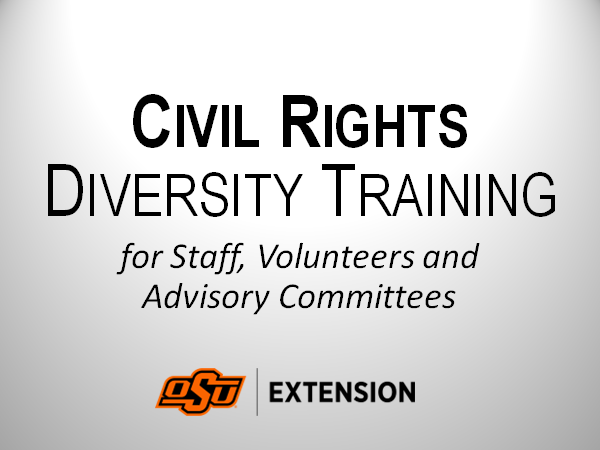

This 12 minute video overview explains our civil rights responsibilities for all Extension staff, volunteers, advisory councils, and committees.
Everyone making a decision or carrying out actions on behalf of Extension is responsible to make sure the program is inclusive as we serve the people of Oklahoma.
For more information contact Leah Haxton, Oklahoma State University, at Leah.g.haxton@okstate.edu or Karla Knoepfli, Oklahoma State University, at karla.knoepfli@okstate.edu
- Teacher: carl hamby
- Teacher: Leah Haxton
- Teacher: Dwayne Hunter
- Teacher: Karla Knoepfli
"Our goal is to help students understand how to use some aspects of R, as applicable through data collected from a plant breeding experiment in the TCAP project (a wheat and barley breeding project funded by the US Dept of Agriculture). We developed the course to be beneficial for people working in the disciplines of plant breeding and/or computer programming. The course was developed by Dr. Ashu Guru who is a professor in computer science and Dr. Deana Namuth-Covert, a professor in plant breeding and genetics education. We have created the content assuming students know nothing about R. Approximate time to complete: 40 hoursTarget audience: plant breeding students or plant breeding professionals."
For more information contact: n: Leah Sandall, University of Nebraska-Lincoln lsandall5@unl.edu
- Teacher: Leah Sandall
The 4-H Volunteer Training is designed to give new volunteers basic information to prepare them for service in 4-H. It will also serve as a refresher course for all returning volunteers. This training has 4 components that are designed to be completed in sequential order. As you complete each section, lessons in the next section will appear.
The course does not need to be completed in one sitting and will pick up where you left off when you return to it.
The overall training will take approximately 1 hour to complete.
Target Audience is Adults, who want to be Volunteers for the Colorado 4-H Program.
For more information or to enroll please contact instructor Joy Bauder CO 4-H State Office, CO 4-H Youth Development Program @ colorado4h@gmail.com
- Colorado State 4-H Office: Joy Bauder
Students who take this course will learn safe use of pesticides, including Integrated Pest Management; Federal and Colorado Laws Governing the Use of Pesticides; Understanding Pesticide Labels and Safety Data Sheets; Applicator Safety; Pesticide Application; and Environmental Protection and Public Health.
For information or to enroll contact Lisa Blecker, Colorado State University, at Lisa.Blecker@colostate.edu
- Teacher: Lisa Blecker
- Teacher: Hannah Geisterfer
- Teacher: Chrissy Kaminski
- Teacher: Summer McLain
- Teacher: Ohio Pesticide Safety Education
Gracias por ingresar a la página Web para completar esta lección de Educación sobre Nutrición y Alimentos (EFNEP). Usted debió haber recibido una clave de inscripción de parte de su instructor. Ingrese esa clave de inscripción para acceder y completar esta lección.
- Teacher: Megan Berthiaume

This course is designed to educate compost makers and handlers on the special food safety considerations required by the leafy greens growers of the desert southwest. Interactive questions are placed within the video and a certificate of completion will be automatically emailed to the student once the course is completed.
Technical support: Robert Masson, masson@arizona.edu
----
Este curso esta designado para educar fabricantes de compostaje y manipuladores enla area de food safety consideraciones que requiere los cultivadores de leafy greens del desierto southwest. Preguntas interactivas estan puestos dentro del video y un certificado de completacion automaticamenet va estar enviado al correo del estudiante cuando terminen el curso.
Supporte tecnico: Robert Masson, masson@arizona.edu
- Teacher: Don Dinwiddie
- Teacher: Robert Masson
Gracias por ingresar a la página Web para completar esta lección de Educación sobre Nutrición y Alimentos (EFNEP). Usted debió haber recibido una clave de inscripción de parte de su instructor. Ingrese esa clave de inscripción para acceder y completar esta lección.
- Teacher: Megan Berthiaume
Monthly workshop series covering a broad array of topics related to computational biology. This includes introduction to and advanced command line, R, python, Adobe Illustrator.
- Teacher: Ken Kugel
- Teacher: Kathy LaTourrette
- Teacher: Matt Pekarek
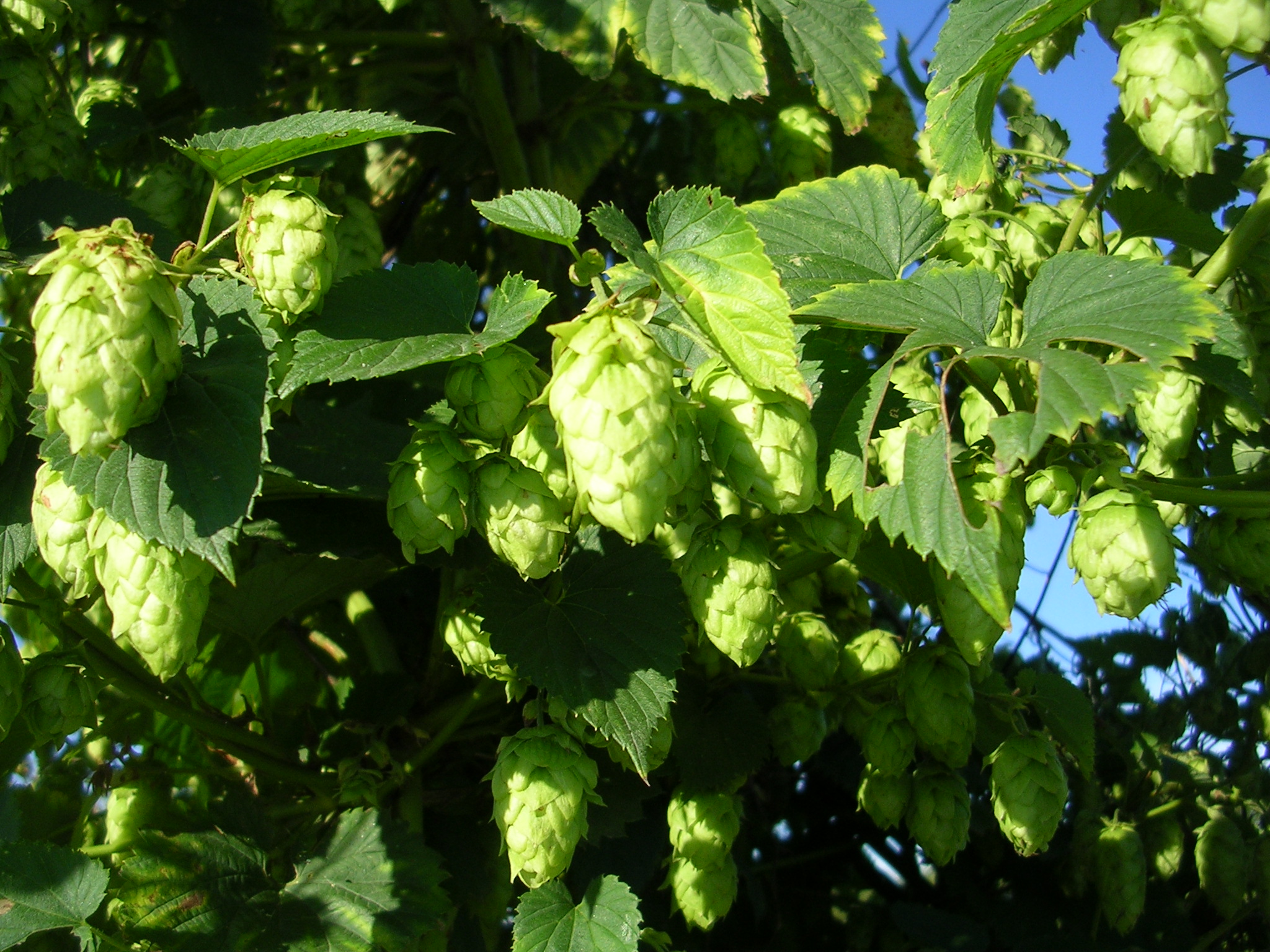
This online proceedings of 10th Annual Vermont Hop Conference, held on February 21, 2019 in S. Burlington, Vermont, was organized by the University of Vermont (UVM) Extension Northwest Crops and Soils Program and included
presentations from experts and farmers from across North America on topics including hop production and processing, pest and disease management, hop sensory evaluation, historic hop germplasm project, virtual reality tools to scout a hop yard and the
latest UVM hop research findings.
Contact Susan Brouillette at susan.brouillette@uvm.edu for additional information.
- Teacher: Susan Brouillette
This online proceedings of 7th Annual Vermont Hop Conference, held on February 19, 2016 in Colchester, Vermont, was organized by the University of Vermont (UVM) Extension Northwest Crops and Soils Program and included presentations from experts and farmers from across the country on topics including agronomic and fertility considerations, spring training, scaling up production, and the latest UVM hop research findings.
Contact Susan Brouillette at susan.brouillette@uvm.edu for additional information.- Teacher: Susan Brouillette
This online proceedings of 8th Annual Vermont Hop Conference, held on February 25, 2017 in Burlington, Vermont, was organized by the University of Vermont (UVM) Extension Northwest Crops and Soils Program and included
presentations from experts and farmers from across North America on topics including agronomic and fertility considerations, spring training, scaling up production, and the latest UVM hop research findings.
Contact Susan Brouillette at susan.brouillette@uvm.edu for additional information.
- Teacher: Susan Brouillette

This online proceedings of 9th Annual Vermont Hop Conference, held on February 16, 2018 in Burlington, Vermont, was organized by the University of Vermont (UVM) Extension Northwest Crops and Soils Program and included
presentations from experts and farmers from across North America on topics including agronomic and fertility considerations, niche markets, hop production, hop sensory evaluation, and the latest UVM hop research findings.
Contact Susan Brouillette at susan.brouillette@uvm.edu for additional information.
- Teacher: Susan Brouillette
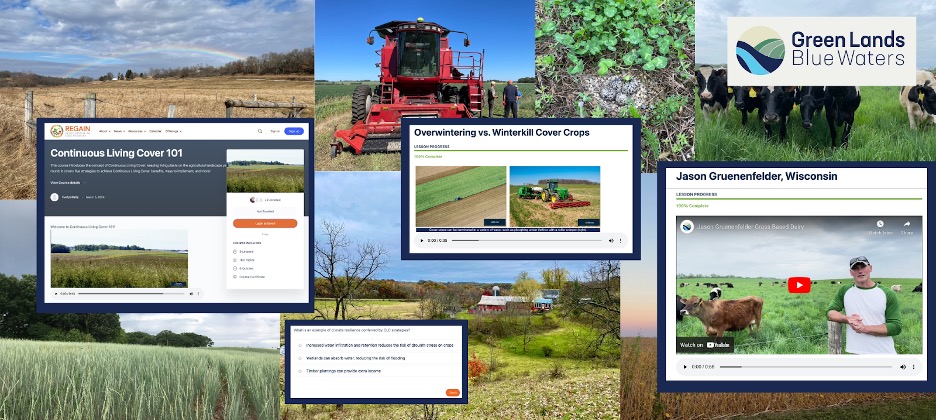
CLC 101 introduces the concept of Continuous Living Cover - in-field strategies that maintain living roots and cover on the ground all year. It describes five basic strategies to achieve CLC (annuals + cover crops, agroforestry, perennial grains, perennial forage and grazing, and perennial biomass), and goes over economic and environmental benefits with on-farm examples. It also covers how to talk to farmers and support them in choosing and implementing CLC strategies. Throughout the course, there are recommendations on where to find more information. This course is designed for technical advisors, but is also relevant for farmers, graduate students, and other agricultural conservation professionals. The course is entirely virtual, free of charge, and self-paced. [Currently, there is no planned downtime for the course.]
- Teacher: Marjorie Hegstrom
- Teacher: Evelyn Reilly
- Teacher: Aaron Reser
Listen about some of the cost-share programs offered to help landowners access and manage their forest properties.
1.0 category 1 CEU - $20
- Teacher: Raymond Berthiaume
This training fulfills the need for the accredited food safety training required in LB 304, part of the Nebraska Pure Food Act. This course is specific to Nebraska’s laws and may not reflect those in other states or countries.
This training has been endorsed by: The Nebraska Department of Agriculture and The Douglas County (Nebraska, United States) Health Department.
- Teacher: Cindy Brison, MS, RDN
- Teacher: David Diez
- Teacher: Kezia Huseman
- Teacher: Linda Reddish
- Teacher: Angie Rushman
- Teacher: Deborah Weitzenkamp

This five-module course is designed to support learners in understanding the importance of creating strong partnerships between veterinarians and producers to enhance profitability and sustainability.
What's included:
Video Learning Modules
Module 1 - Communication: A Vital Role in Establishing a Viable Relationship
Module 2 - The Veterinarian-Client-Patient (VCPR) Relationship Mystery
Module 3 - Benefits of a Veterinarian-Client-Patient Relationship (VCPR) for the Use and Accessibility of Drugs
Module 4 - Utilize the Veterinary Feed & Directive and Additional Guidelines in Establishing a VCPR
Module 5 - Distance Animal Care
Study Guides
Resources to support learner engagement while navigating video lessons.
Details
- Self-Paced
- Estimated time of completion: 7 hours
- User must score > 70% on the Post-Test to receive a certificate at the end of the course.
- Teacher: CET Administration
- Teacher: Bette Bittner
- Teacher: CET HelpDesk
- Teacher: Miguel Hoch
- Teacher: Nicola Ritter
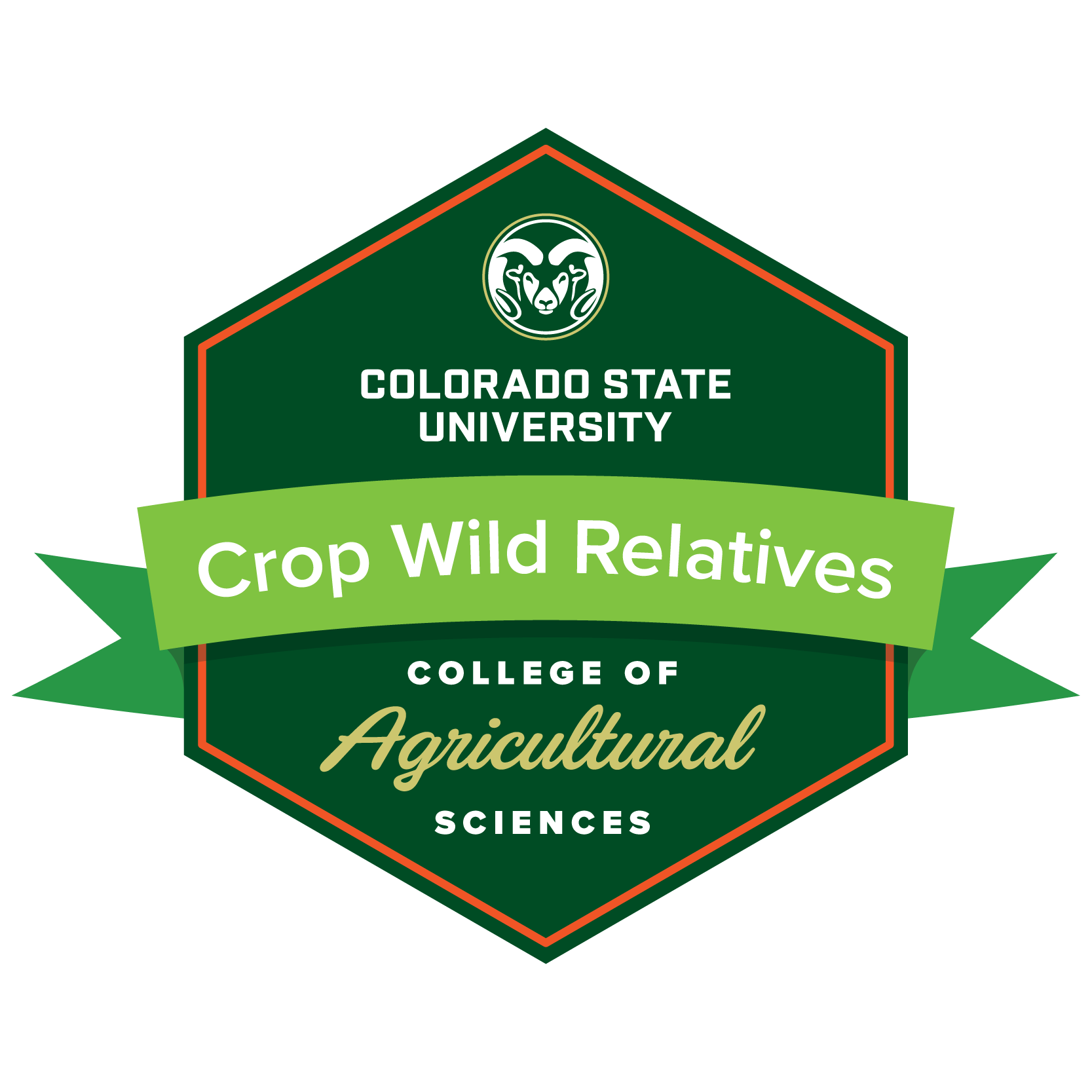
This online mini-course is intended for anyone new to seed science, plant breeding or even general agriculture, about to begin employment in agriculture outside of their family business or wishing to improve their current skills and knowledge.
Development of this Badge Course was made possible through a collaboration between Colorado State University and the United States Department of Agriculture.
This course is supported in part by grant 2020-70003-30930 from the USDA-NIFA Higher Education Challenge Grant Program, administered by Colorado State University. Any opinions, findings, conclusions or recommendations expressed in this publication are those of the author(s) and do not necessarily reflect the views of the USDA-NIFA.

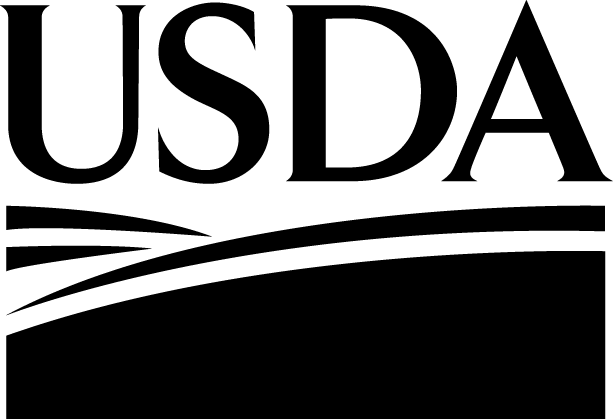
- Teacher: Deana Namuth-Covert
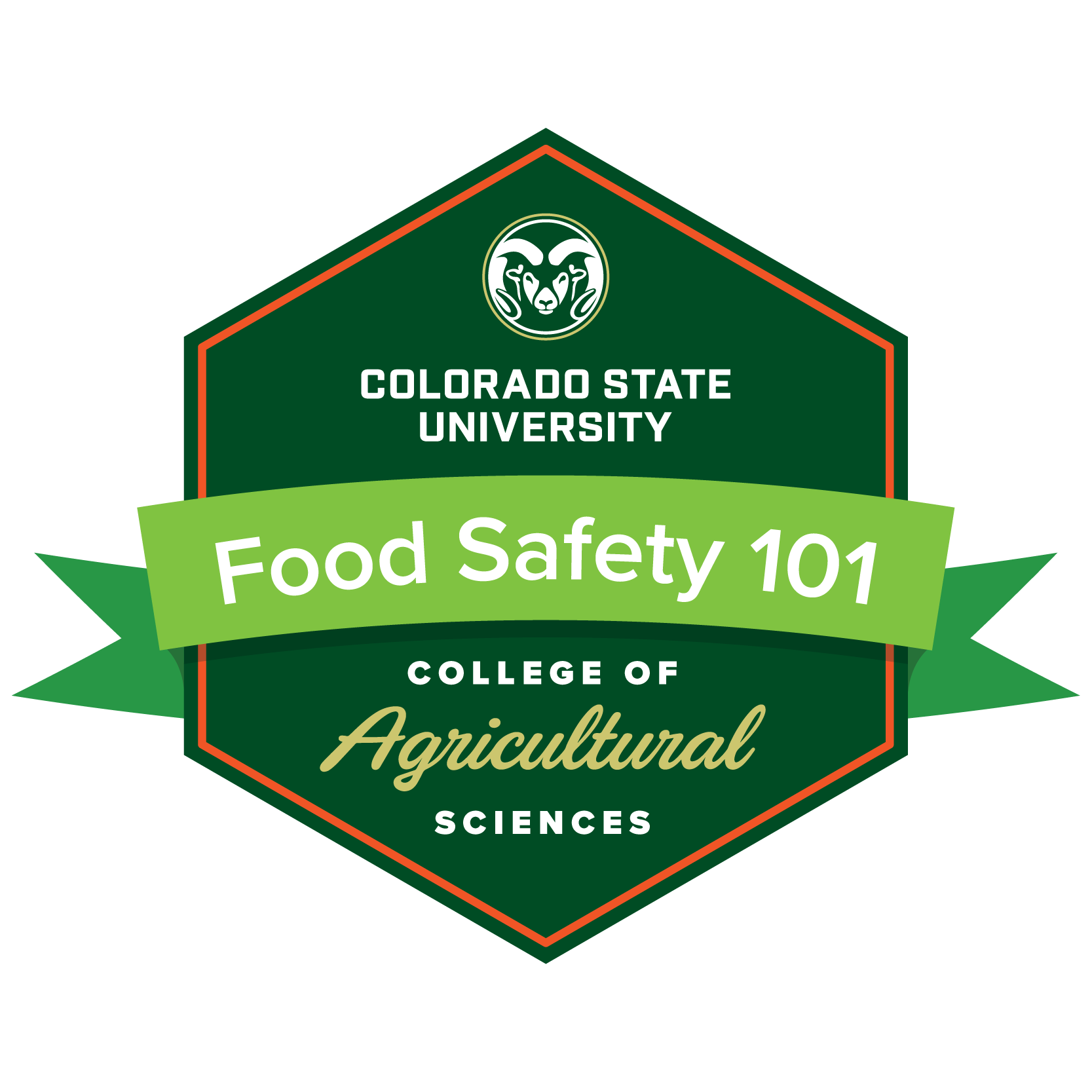
Pilot online course for select Colorado high schools, as part of the CSU Ag Upskilling program. This course is made available by a grant from Zoma Labs support of the SyncUp Colorado program.
Email Deana.Namuth-Covert@colostate.edu for access key code and course instructions.

- Teacher: Tamla Blunt
- Teacher: Deana Namuth-Covert
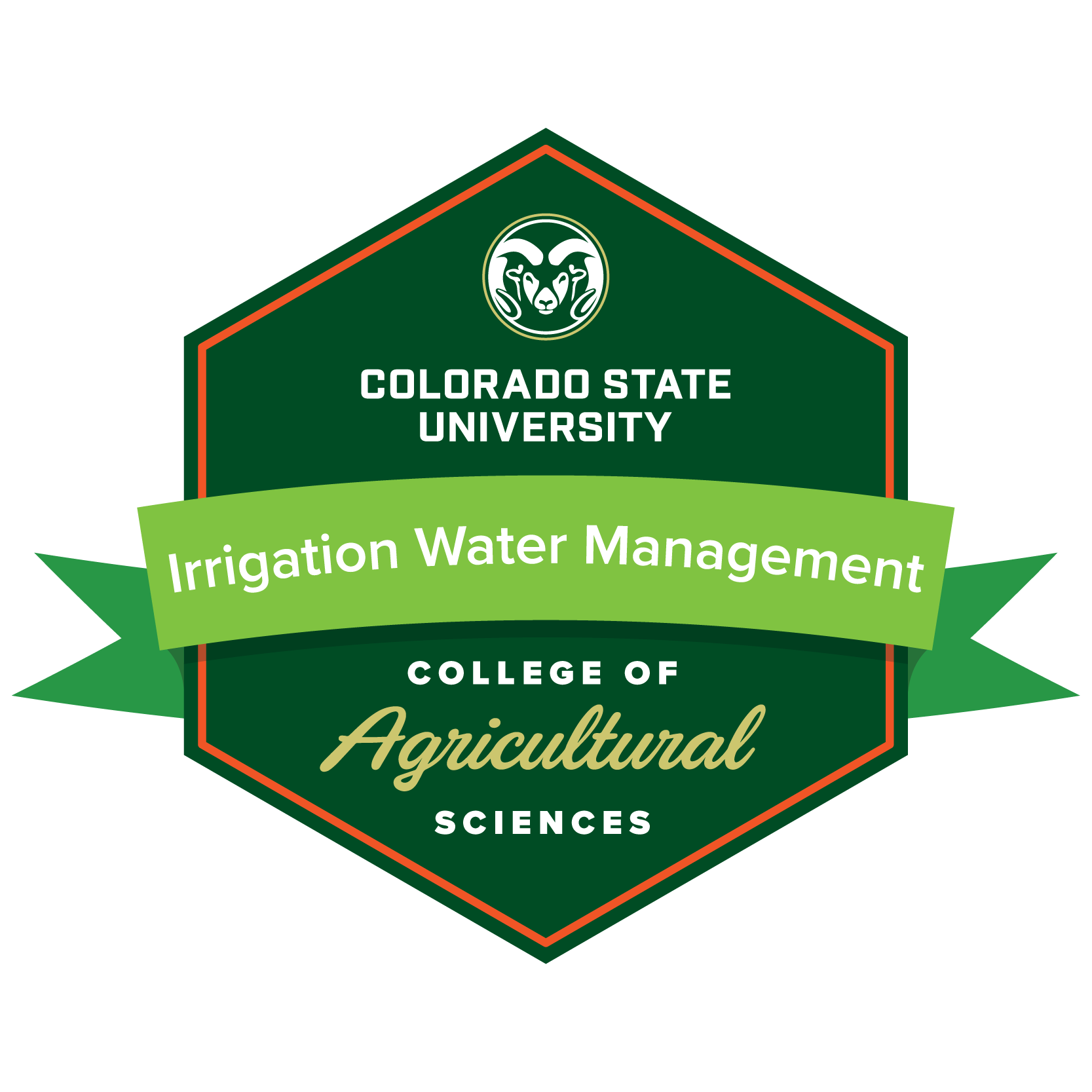
Development of this Badge was supported in part by funding from the CHS Foundation, administered by Colorado State University (2022). The CHS Foundation, funded by charitable gifts from CHS Inc., is focused on developing a new generation of agriculture leaders for life-long success. Together, with our partners, we are igniting innovation and driving excellence in agriculture education, cultivating high impact programs for rural youth and accelerating potential for careers in agriculture.
Learn more at CHS Foundation.
Email Deana.Namuth-Covert@colostate.edu to receive an access key code and course instructions.

- Teacher: Allan Andales
- Teacher: Tamla Blunt
- Teacher: Deana Namuth-Covert
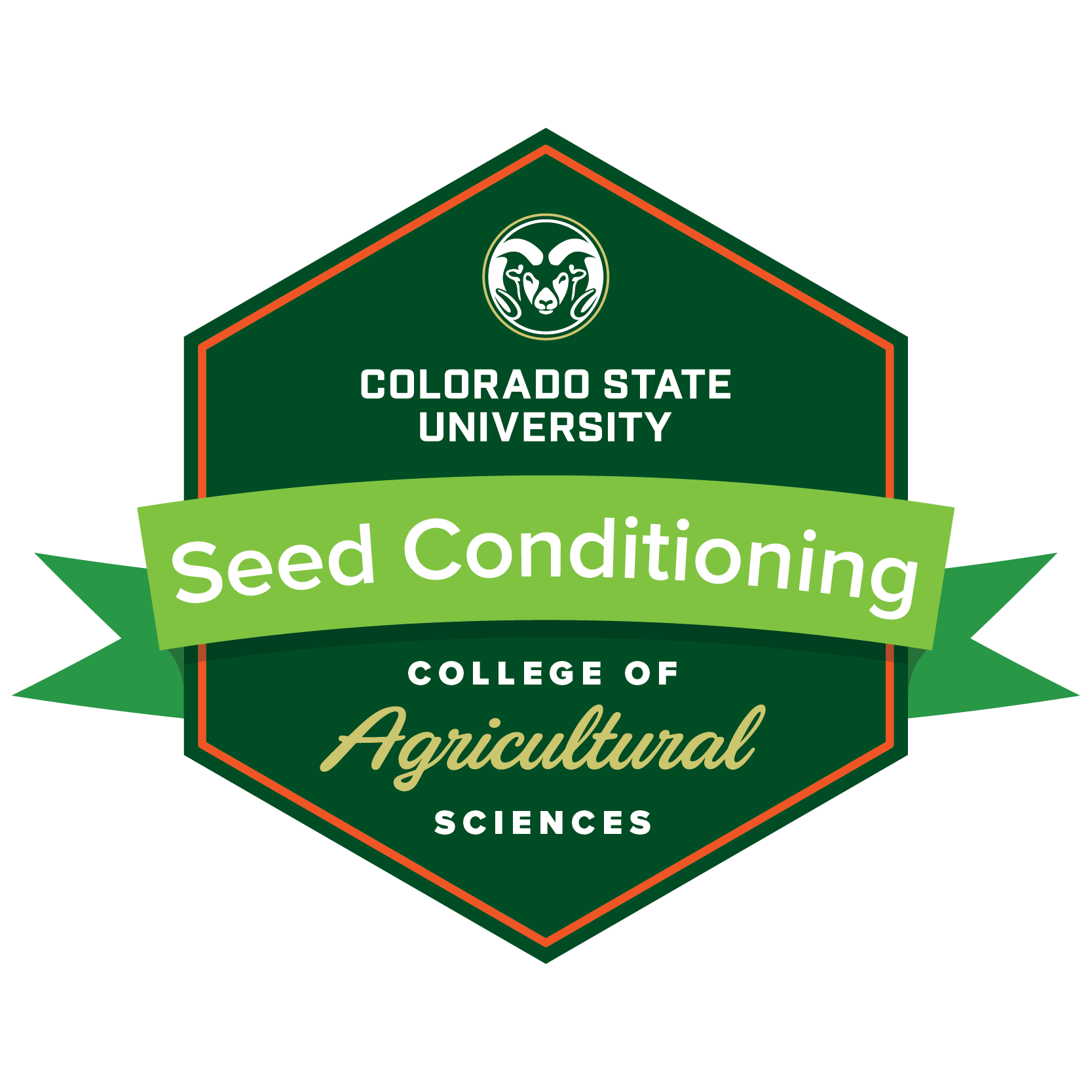
This Seed Conditioning Course is available to high school and college students at no charge thanks to grant funding. It consists of a set of 7 interactive lessons and a final graded quiz. Lessons include: 1) Seed Conditioning Basics, 2) The Influence of Seed Conditioning on Seed Quality, 3) Plant Breeding & Intellectual Property Protection of Seed and Plant Varieties, 4) Sourcing, Sampling and Handling of Unconditioned and Conditioned Seed, 5) Quality Assurance and Seed Conditioning Facility Management, 6) Carryover Seed, Inventory, and Seed Storage and 7) Seedborne Disease and Treatments. Lessons were approved for CEU credit with the national Certified Crop Advisor program.
Please contact Laura Pottorff for more information: Laura.Pottorff@colostate.edu
- Teacher: Tamla Blunt
- Teacher: Deana Namuth-Covert
- Teacher: Rick Novak
- Teacher: Laura Pottorff
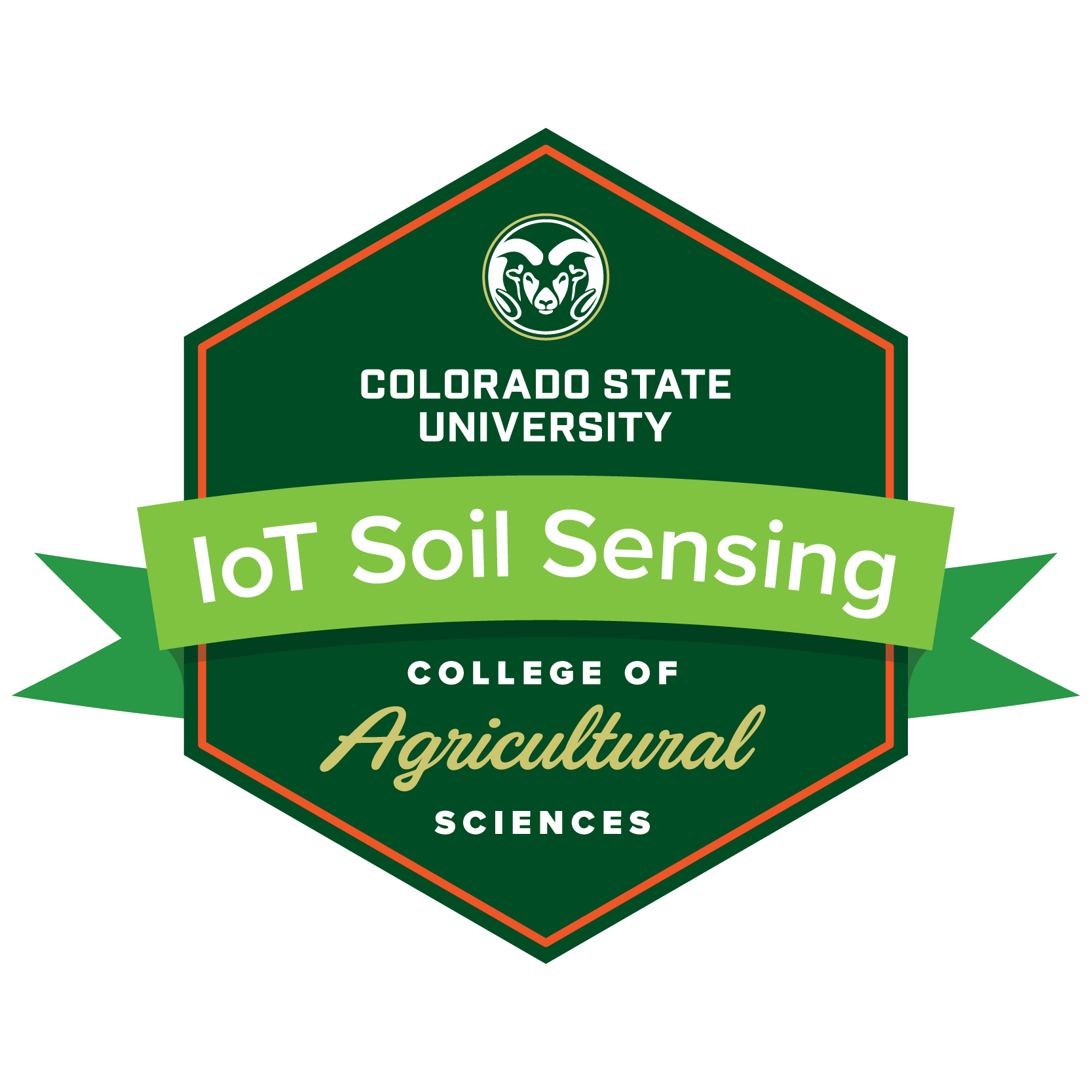
This CSU Badge introduces foundation principles on how internet-of-things (IoT) technology and sensors can be used to provide real-time soil moisture and weather data, allowing growers to improve the timing and amounts of irrigation – saving water and avoiding plant water stress. These general principles are applicable to either landscape or agriculture irrigation sectors, including a wide range of scenarios such as efficiently watering a backyard garden, growing vegetables in a greenhouse, maintaining golf courses and lawns, as well as irrigating large crop fields. Using a kit containing sensors and a wireless IoT microcontroller, participants will gaine hands-on experience building, programming, and using their own IoT (i.e, sensor-based) system to monitor soil water levels based on real-time data. Using an experiential learning approach, learners will gain new knowledge on how IoT sensor technology and the resulting real-time data can be leveraged to improve irrigation decisions and save water. Program was funded in part by the CHS Foundation and Colorado State University.


- Teacher: Tamla Blunt
- Teacher: James Folkestad
- Teacher: Jay Ham
- Teacher: Deana Namuth-Covert
